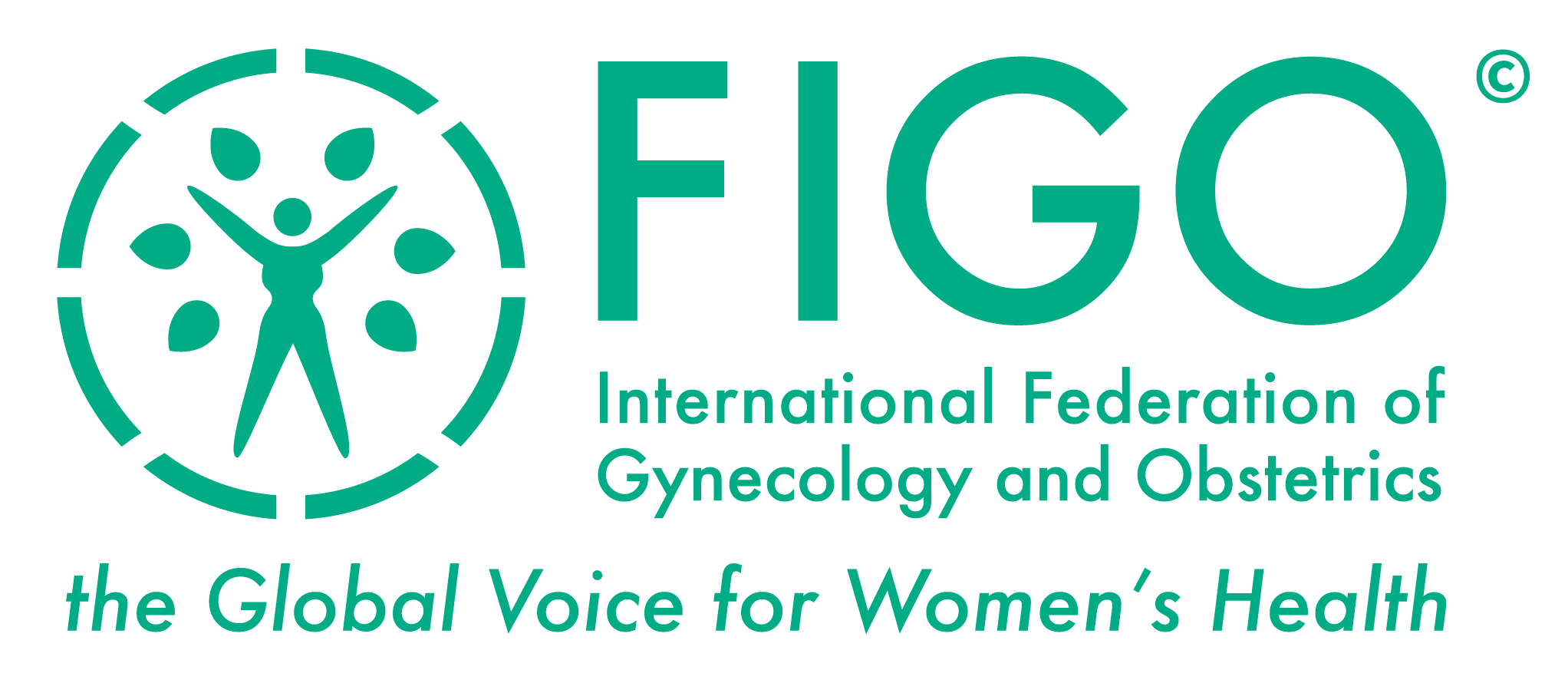7. STI/HIV: Infertility is a risk factor for STI and HIV acquisition. Infertility management helps to combat the HIV pandemic.
Sexually transmitted infections including HIV/AIDS are important causes of infertility and reproductive ill health in developing countries, especially in sub-Saharan Africa, which carries a large burden of the global HIV pandemic. HIV infection reduces human fecundity through gonadal dysfunction, tubal infection, pregnancy loss and infant death. STIs/HIV are, therefore, important risk factors for infertility, and STI/HIV prevention and early treatment of STI can prevent infertility.
At the same time, infertility is a risk factor for STIs and HIV infection. This is because infertility frequently causes marital instability in developing countries. According to evidence, women with primary infertility are between 14% and 40% more likely to be divorced or separated than fertile women. Infertility significantly increases the likelihood of men marrying a 2nd woman in societies where polygamy is allowed. Infertility is also associated with extra-marital relationships, the prevalence of which is unknown, and can lead to prostitution when abandoned women are left economically destitute. (Inhorn, 2009)
The social consequences of infertility, therefore, induce behavior that exposes men and women to STI/HIV. Higher rates of HIV infection have been documented among infertile women when compared to pregnant women.
In view of the high prevalence of infertility and associated high-risk sexual behavior, infertility is considered a driving force of the HIV epidemic in sub-Saharan Africa, with possible similar dynamics in other regions. Therefore infertility management, through a possible stabilizing effect on relationships, may help to combat the STI/HIV pandemic.

